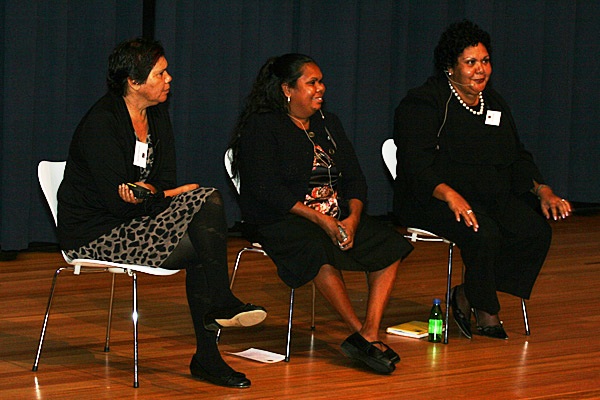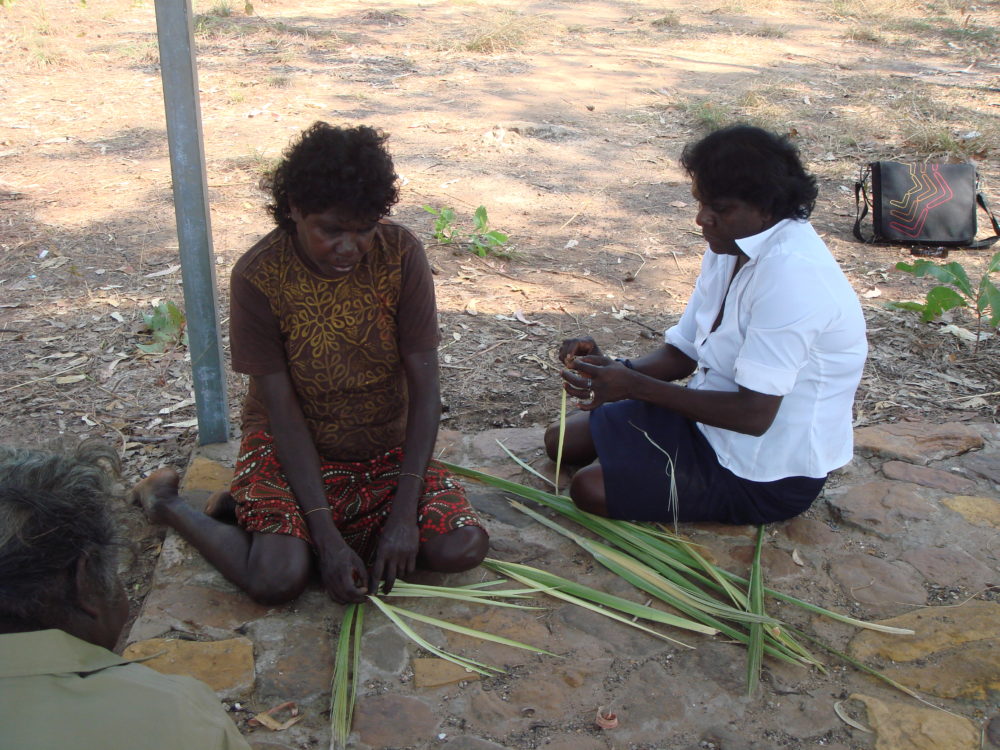By Neena Bhandari
Sydney, 01.07.2009 (IPS): The modern façade of its cities, cost-effectiveness and its high standards of education make Australia an attractive destination for foreign students. But the recent spate of attacks on Indian students has exposed the many ills afflicting the Australian education system, threatening its lucrative markets.
‘As long as you can pay, you are in’ has been the driving force that has catapulted education as Australia’s third largest export, second only to coal and iron, reaping rich dividends worth A$15.5 billion last year.


